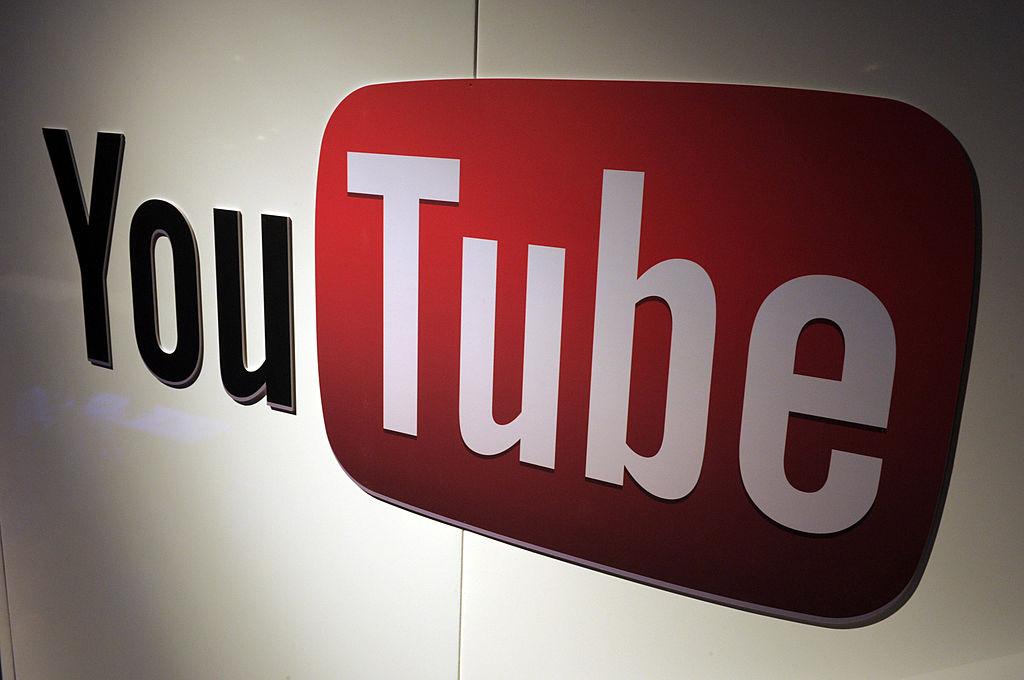YouTube has deleted about 2.5 million ‘dislikes’ from videos on the official White House channel of President Joe Biden, according to data collected and posted online by a researcher who wished to remain anonymous. YouTube recently announced that it’s testing a new page design that hides the dislike count.
The Google-owned video platform allows users to give videos either a thumb up (like) or thumb down (dislike). For at least two years, it’s had a policy to remove likes and dislikes it considers spam.





